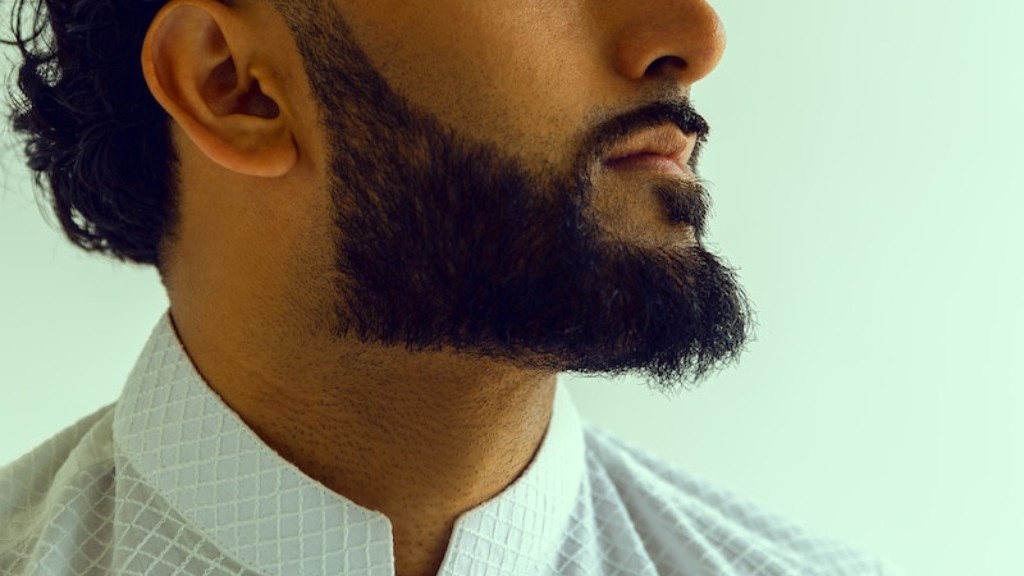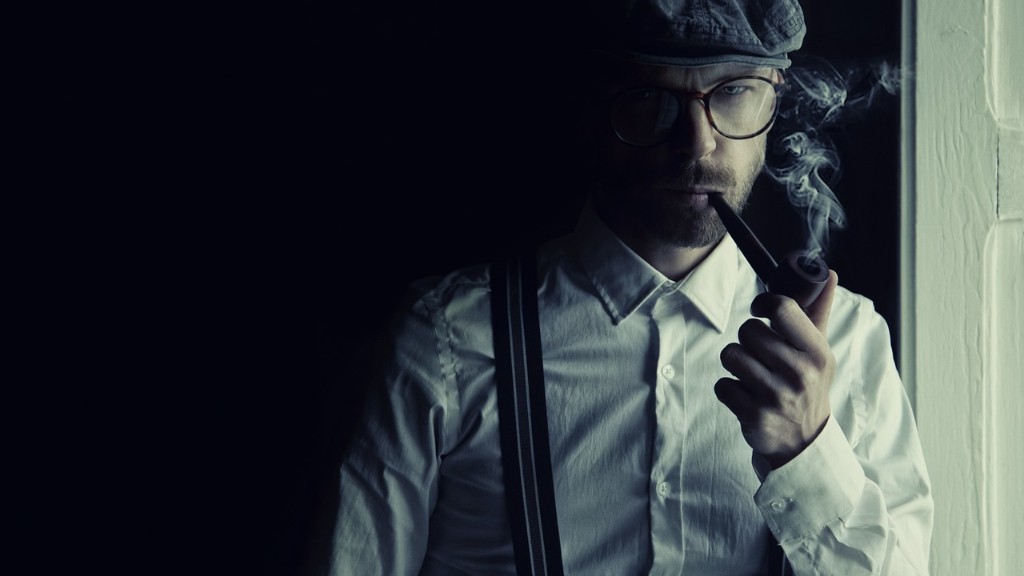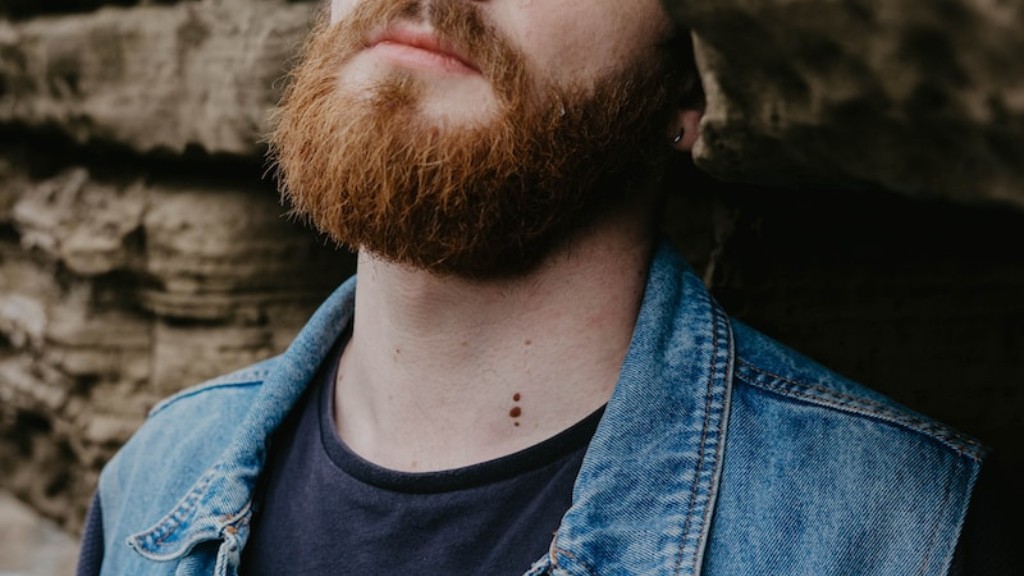Whether or not you can grow a beard on scars depends on the type of scarring. If the scarring is on the surface of the skin, then it is likely that you can grow a beard over the scarring. However, if the scarring is deeper, then it is less likely that you will be able to grow a beard. There are a number of factors that can affect the ability to grow a beard on scars, including the depth of the scarring, the type of scarring, and the location of the scarring.
No, beard cannot grow on scars.
Will facial hair grow on a scar?
Hair follicles are capsules underneath the skin that hold and regrow hair. Blood vessels under follicles help them grow and regenerate. But when a scar forms on damaged skin, hair follicles don’t grow back. This is because there are no hair follicles in a scar. Scar tissue doesn’t have the same structure as normal skin, so it can’t support hair growth.
If you have acne scars that you would like to cover up, you can raise the hair on each side of your beard slightly. This will help to hide the scars. However, if you already have a full beard, an FUE procedure from your scalp may not be the best idea. This is because the hairs do not change character. So, if you have thin hair shaft diameters on your scalp, the beard hair will tend to look a bit thin.
Will beard grow on stitches
Stitches in the beard area can cause the surrounding hair to thicken and grow more. This effect can last until the stitches are removed, and can help to camouflage the stitches.
Hair follicles are very sensitive to trauma and scarring. This is why hair won’t grow in areas where there is scarring. Transplantation of hair follicles can sometimes help to move hair into the scarred area, but often times the follicles will not take root properly and will eventually fall out.
What happens if you shave over a scar?
If you have scars on your body that are healed, you can shave over them without any fear of harm. This is because they do not grow any hair and are therefore similar to normal skin. Manscaper Melanie Mari explains that as long as the scar is not fresh, you can shave it like you would any other part of your body.
Scalp injuries and scarring can cause hair loss by destroying hair follicles. If the scars are small, they may not cause any significant cosmetic problems. However, if the scars are large, they can cause noticeable hair loss.
How can I hide scars on my face?
Concealer can be a great way to cover up scars, especially when you find one that matches your skin tone precisely. With the extra pigment in the scar, it is even more important to find the right concealer that will cover the discoloration without looking unnatural.
Scarring, or cicatricial alopecia, is an inflammatory condition that destroys hair follicles, causing scarring and permanent hair loss. The condition can be caused by a variety of things, including autoimmune disorders, certain medications, infections, and even physical trauma. There is no cure for cicatricial alopecia, but treatments are available to help slow the progression of the disease and improve the appearance of the affected areas.
Can facial scars be attractive
A recent study conducted by researchers at the University of Western Australia has found that after healing, minor facial scars have little to no effect on ratings of attractiveness. In fact, some facial scars may be considered to make a person appear more attractive to others. The study surveyed a group of participants who were asked to rate the attractiveness of a series of photographs featuring people with various facial scars. The results showed that scars did not have a significant effect on ratings of attractiveness, and in some cases, scars were actually found to increase attractiveness. This research provides valuable insights into the perception of facial scarring and could have implications for the treatment and management of scarring.
In their study, Ito et al found that skin wounds can stimulate the formation of hair spontaneously as part of the normal healing process. They also indicated that the ability to regenerate new hair follicles during healing depends on the characteristics of the wound.
This is an important finding as it provides new insight into the healing process and how it can be affected by different factors. It also has implications for the treatment of wounds and how to promote hair growth after injury.
Do stitches stop hair growth?
Hair will definitely grow around the sutures, and if a trichophytic closure was used, hair will also grow through the suture line. This is perfectly normal and nothing to worry about. In fact, it’s actually a good sign that the wound is healing properly!
If you have stitches, it’s important to follow your doctor’s instructions for care. This includes making sure you don’t leave the stitches in for too long. If the stitches are left in for too long, the skin can grow over them, which can make removal more difficult and also lead to more scarring.
Can scars prevent beard growth
Facial hair transplants are a great option for men with facial scarring who want to restore a more typical beard. The transplanted hair will not only cover the scars, but will also give the appearance of a fuller beard. This procedure can be used to fill in a few spotty areas, or to restore a full goatee or beard.
Scars are a result of the body’s natural healing process following an injury. In time, some collagen breaks down at the site of the wound and the blood supply reduces. The scar gradually becomes smoother and softer. Although scars are permanent, they can fade over a period of up to 2 years.
Can shaving face reduce scars?
Hypertrophic scars are a type of scar that can be improved with shaving or radiofrequency. They are caused by an overgrowth of skin and are often raised and reddish in color. Treatment options include surgical removal, steroid injections, and/or pressure therapy.
Shaving is a great way to diminish the look of acne scars and hyperpigmentation. The act of shaving stimulates blood flow and new skin cell turnover in the face, helping to minimize the appearance of scars and lighten hyperpigmentation. This results in smoother skin, both in color and texture.
Final Words
There is no definitive answer to this question as everyone’s body reacts differently to scarring. Some people may find that their beard grows in thicker and darker on scars, while others may find that the hair is thinner and lighter. Some people may even find that they are unable to grow facial hair on scars at all. Ultimately, it is up to the individual to experiment and see what works best for them.
Most scars will not impede the growth of facial hair. However, some scars, particularly keloid scars, can grow excessively and may need to be removed before facial hair will be able to grow in that area.





